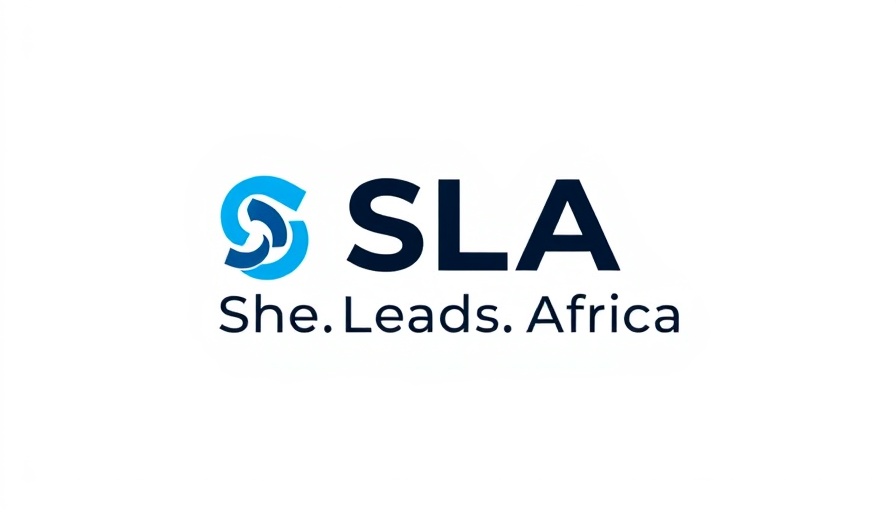
Namibian President Calls for Reparations: A Push for Justice
In a bold statement during a recent summit, Namibian President Hage Geingob addressed the pressing need for reparations to rectify historical injustices suffered by African women. This call for reparative measures follows decades of lobbying aimed at acknowledging and addressing the consequences of colonial oppression and gender violence that have long been neglected in the discourse surrounding African history.
The Intersection of Gender and Economic Justice
President Geingob's remarks resonate deeply within the context of Africa's socio-economic landscape, particularly as women constitute a significant demographic in the workforce yet remain marginalized in decision-making processes. Reparations, as proposed, are not merely an act of acknowledging past wrongs but also a fundamental step in empowering women across Africa to participate fully in the economy, thus influencing the broader African economic narrative. This approach aligns with the ongoing global conversations about equitable growth and social justice.
A Call for Global Attention
The Namibian leader's appeal extends beyond national borders, urging the international community to recognize the intertwined fates of women’s rights and economic development in Africa. This moment invites business leaders, investors, and policymakers to reflect on the critical role of gender equity in fostering sustainable economic growth. By championing reparative justice, they can contribute to reshaping Africa's future both economically and socially.
The Global Perspective: African Women in Focus
Statistical evidence underscores that African women are pivotal in the agricultural sector, representing a substantial part of the workforce that is essential for food security and economic stability. However, their contributions are often overshadowed by cultural norms and lack of access to financial resources. Thus, reparations can serve as a catalyst for systemic change, not only addressing past grievances but also lifting the economic prospects of millions, effectively transforming narratives surrounding the African economy.
As countries globally re-evaluate their histories of oppression and seek pathways toward justice, Namibia’s stance could encourage similar movements throughout the continent, creating a unified front advocating for redress and ultimately, a brighter economic outlook for Africa.
 Add Row
Add Row  Add
Add 


Write A Comment